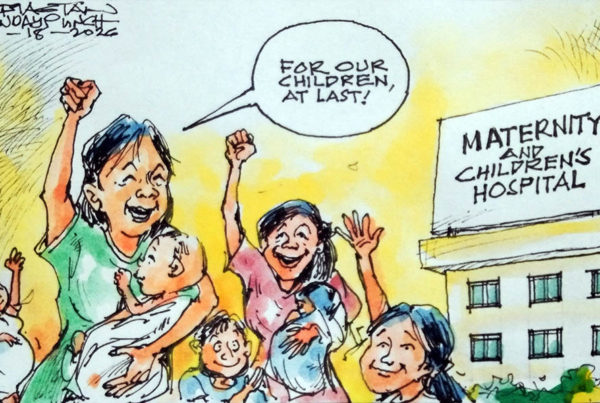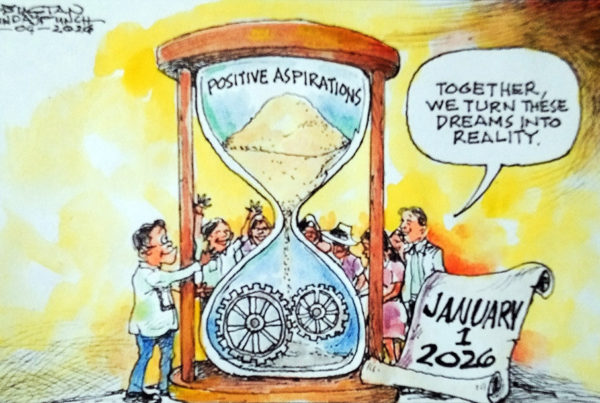Editorial
PhilHealth, the pork barrel’s saving grace
THE “PORK”, or officially the Priority Development Assistance Fund (PDAF) contained in the national budget which is distributed to senators and representatives, has been notorious for being a major source of corruption among members of our congress and as a means for self-promotion.
A glaring example is how infrastructure projects built with the pork more often than not bear those gaudy markers declaring the name — and the face even as if just to make sure the public makes no mistake about it — of whoever politician provided the funding for it.
But the pork may now have found its saving grace: partnership with the Philippine Health Insurance Corporation (PhilHealth).
Pangasinan stands as a model for this scheme wherein congressmen allot a portion of their PDAF to sponsor the enrollment of their constituents into the PhilHealth system, giving them coverage of the medical benefits provided by the government-run health insurance agency. Local government officials have duplicated the program, spending part of their health budget for PhilHealth coverage, particularly the indigents. PhilHealth’s Ilocos Region director, Dr. Leo Cardona, says his agency’s mission of universal coverage (meaning at least 85% of the population) has been realized in Pangasinan. That is no small feat for a province that has one of the biggest as well as harboring among the poorest population in the country.
Surely the giving away of PhilHealth cards (with the sponsor congressman’s picture in it) makes for a great propaganda tool for our politicians. But unlike other traditional political gimmickry, the issuance of health cards is a publicity stunt that benefits its target audience.
Now as the PDAF is being threatened to get a major cut with the 30% reduction in the proposed 2010 national budget, the Pork-PhilHealth program could also very well be at risk of being scrapped. If our congressmen and local government officials do want to prove that they are beyond self-aggrandizement, they must not find a way to institutionalize what they have initiated. Their pork-sponsored PhilHealth project should be re-aligned so that no matter the changes in political leadership, the beneficiaries will be able to continue enjoying their health coverage.
PhilHealth officials, for their part, must ensure that the agency remains in the pink of financial health and continue to develop systems that will make claims as hassle-free as possible for its members.
The pork may be abolished, politicians will change face, and administration will transfer hands, but, to paraphrase Cardona’s assertion: “PhilHealth must be here to stay”.









